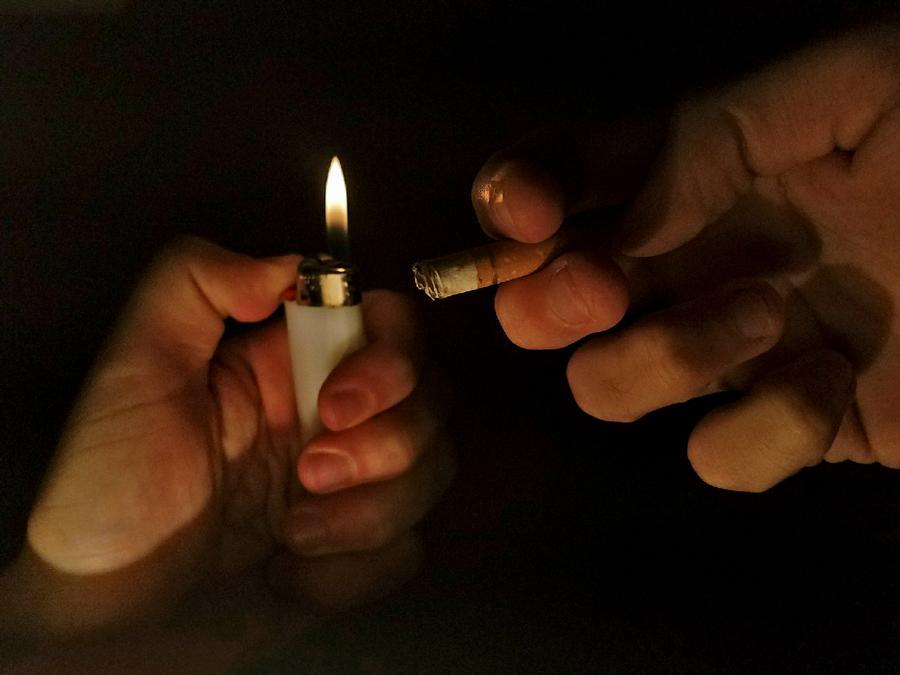A grant presented to the Sinclair School of Nursing by the American Cancer Society prompted the Missouri Students Association to recommend stricter enforcement of the university smoking policy.
An ad hoc committee was created to outline stricter enforcement of current policy and uses for the grant. This committee consists of MSA students, members of MUPD, faculty and staff.
While the current smoking policy establishes MU as “smoke-free,” the policy isn’t strictly enforced.
“There are signs on every single building that say no smoking,” MSA Student Affairs Chair Ryan Alsop said. “It’s just the fact that there was no authority behind the original policy; it was more focused on students asking other students to quit smoking, and I’ve asked students to and I’ve been told ‘no.’ So now, the community is focusing in a different area of how to do this.”
Enforcing the policy is relatively difficult because MUPD technically is not required to reprimand students since it is funded by the federal government rather than the university.
“This is a policy,” MU spokesman Christian Basi said. “It is not, and never has been, any type of law. The police will enforce laws and criminal acts; we have to work as a community to enforce our policies.”
Based off of recommendations made by the American College Health Association, MSA is moving to make MU a completely tobacco-free campus. In terms of enforcement and implementation, it hopes to utilize a program similar to what the University of Illinois and the University of Arkansas have.
“As an example — not saying this is where we’re going with it — provide a sanction under some administration like the dean of students and to say that if you violate the policy and you are caught, after a warning, what will happen is you’ll either have the option to pay a fine or do community service, something along the lines of picking up cigarette butts,” MSA Academic Affairs senator Haydn Elsey said. “What this will allow is if you don’t want to do either of those, you’ll also have the ability to go through a free cessation program. By completing that program, your fine or community service will be dropped from your record.”
According to information from the 2017 Missouri Assessment of College Health Behaviors, 16 percent of MU students are smokers. Of that 16 percent, about 6.8 percent are daily smokers. About half of those students want to quit but don’t know where to find resources to do so. While the Wellness Resource Center does offer free cessation programs, they are relatively unadvertised on campus.
“I’d like to have something along the lines of having the cessation programs outlined and explained to students in Summer Welcome or even to have it plainly visible around school,” Elsey said.
Much of the policy making is still underway, and MSA still isn’t sure that students want a stricter enforcement of the current smoking policy. The organization plans to administer multiple polls to gauge student opinion prior to enacting any policy change.
“Whether their opinion is for or against it, no matter what, my job is to represent the students,” Alsop said. “I can’t effectively do my job unless I know what the students think.”
_Edited by Sarah Hallam | [email protected]_








